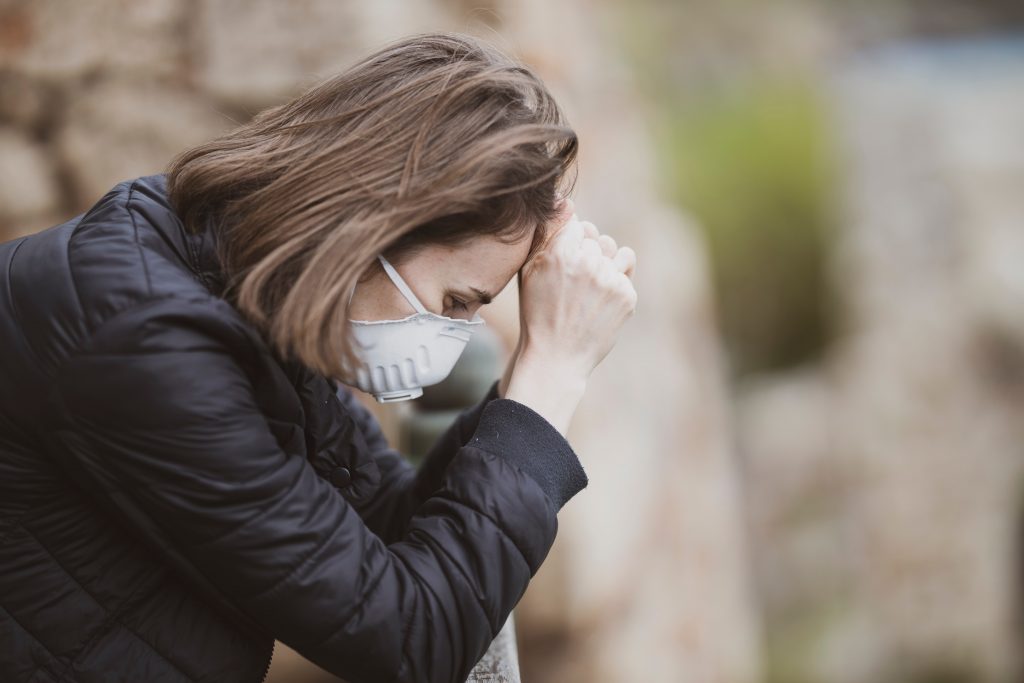
Photo by engin akyurt on Unsplash
Anxiety is a common and often debilitating mental health issue that typically affects people in various ways. For example, some people experience anxiety with obsessive-compulsive disorder (OCD) as part of an anxiety disorder or post-traumatic stress disorder (PTSD). Anxiety disorders can stem from a number of factors, including genetics, biology, or past experiences, which can cause an individual to feel anxious all the time without any rational reason. Left unchecked, this can have a significant effect on your physical health. Here are a few things that anxiety can do to your body:
Cause Heart Issues
People who suffer from these anxiety disorders might experience high levels of heart rate, rapid breathing, and heart palpitations as a result. In addition to this, other symptoms of anxiety disorders can often lead to depression which could also have further physical and psychological issues. Therefore, it is essential that you see a mental health professional who may be able to help with these issues before they become worse.
Lack of Sleep
Anxiety can also negatively affect your health and well-being as it causes insomnia and lack of sleep. People with anxiety who find themselves dealing with lack of sleep will often go to their doctor who will suggest a change in sleeping habits, while others may try to self medicate with over the counter medication such as melatonin, CBD oil tinctures extracted from Cannabis Seeds, or herbal remedies that can help them to promote sleep.
Digestive Issues
When an anxiety disorder causes digestive issues, it can cause excessive heartburn or diarrhoea due to the overproduction of stomach acid because of the stress hormone cortisol, which causes gastric emptying problems. Anxiety disorder causes digestive issues because people with anxiety cannot completely relax when they are faced with stressful situations and events that they should be able to handle easily, like social situations or public speaking.
Result in Chronic Stress
Anxiety varies from person to person; however, anxiety disorders can lead to chronic stress in every day, which could have no foreseeable relief. Some people have found ways to manage their stress levels by choosing activities that make them feel calmer, such as meditating or reading books that relax them. However, there is no cure for anxiety disorder yet, and it will likely always be a part of someone’s life, which means it could continue to affect their lives unless they seek help.
Breathing Issues
Anxiety can cause respiratory issues for those who experience them. This could result in shallow breathing, so if you have previous respiratory illnesses such as asthma, you could find yourself in a life-threatening situation since you may have to be treated at a hospital. It’s recommended that if you find yourself needing to cope with these sensations, it helps to develop certain habits such as deep breathing exercises or engaging in calming behaviours like yoga or meditation. However, if you find yourself at a stage where you need medical intervention, it is imperative that you seek help as soon as possible before it gets worse.

Leave a Reply